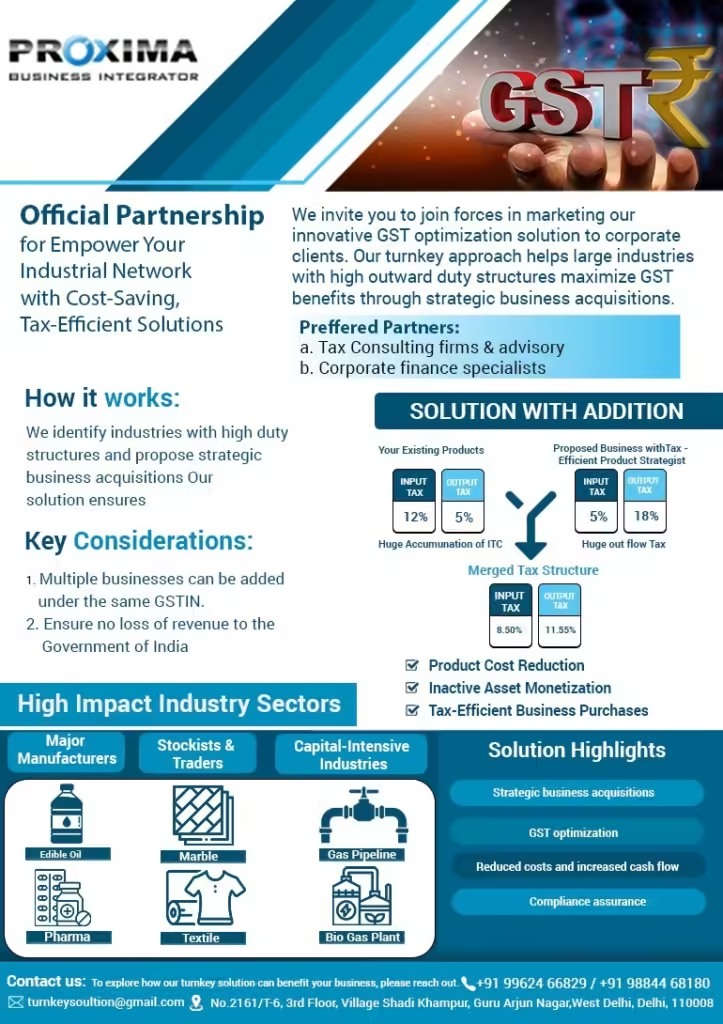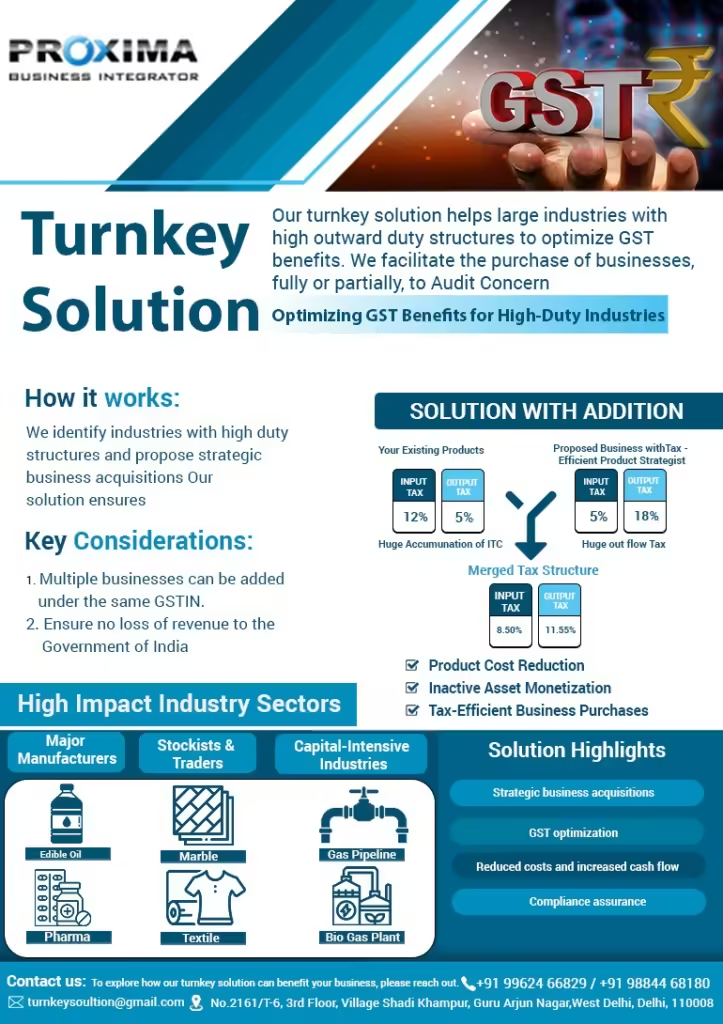Table of Contents
The Andhra Pradesh High Court has held that paying agricultural market committee tax in Punjab and cess in Andhra Pradesh on basmati rice does not amount to ‘double taxation’.
The bench of Justice Tarlada Rajasekhar Rao has observed that Rice means every variety, raw and par-boiled rice. Basmati rice is a raw or par-boiled rice and the petitioners have not established specifically the exemption provision, in case of doubt and the ambiguity the benefit goes to the State and the words used for importing cess or tax it should be understood in the common parlance, the basmati rice includes raw and par-boiled rice.
Background
The petitioners are paying agricultural market committee tax in the State of Punjab and for the very same stock they are not liable to pay cess in the State of Andhra Pradesh, which amounts to double taxation.
The petitioner contended that the department cannot impose tax without notifying the same in the Schedule. The petitioners already paid the tax while purchasing the stock at Punjab and if the State of Andhra Pradesh imposes tax on the very same stock, it amounts to double taxation.
Arguments
The petitioners contended that Basumathi Rice is not notified as commodity in Schedule-II in Sl.No.2 under Section 3 of the Andhra Pradesh (Agricultural Produce and Live Stock) Markets Act 1966 and the Andhra Pradesh (Agricultural Produce and Live Stock) Market Rules, 1969. The market fee should be paid on the commodities under Section 12(1), if it is notified under the Schedule-II, Basmathi rice does not come under raw and boiled rice. Hence, prayed to set aside the proceedings.
The petitioners relied on the judgement of the Apex Court in V.K.Ashokan v. Assistant Excise Commissioner and others for the proposition that a statutory authority must exercise its jurisdiction within the four corners of the statute. Any action taken which is not within the domain of the authority would be illegal and without jurisdiction.
The department contended that the petitioners are using the premises within the notified area of the agricultural market committee of the respondents. In that view of the matter, the petitioners are not entitled for exemption from payment of market fee.
The department contended that they are not collecting any tax from the petitioners and they are only collecting fees for providing services to the petitioners. Under Section 12 of the Act the respondents are entitled to levy fees against the petitioners‟ trade/business. Further contended that judgments relied by the learned counsel for the petitioners are not applicable to the present facts of the case, those judgments are with regard to the taxation and the respondents are not collecting any tax from the petitioners and they are collecting only fee for the services provided to the trade conducting by the petitioner.

Conclusion
The court opined that ‘Rice’ means every variety of dehusked polished, raw and par- boiled rice and includes rice equivalent to paddy held in stock. Basmati rice can be anything either raw or boiled rice. Unless the basmati rice is specifically exempted, it shall be construed as either raw or boiled rice.
The court while dismissing the writ petition held that the department is not collecting any tax, they are only collecting cess from the petitioners for providing services. Merely not specified/mentioned as Basmati rice in the schedule is not a ground to allow the writ petitions. The petitioners have been paying the fee for the past several years and for the first time they come up with a plea that Basmati rice was not specified in Schedule-II. As the petitioners are not able to establish the exemption provision, in the absence the benefit must go to the State and in the common parlance it has to understand the rice both raw and boiled includes Basmati rice.
FAQs
Does Paying Agricultural Market Committee Tax In Punjab And Cess In Andhra Pradesh On Basmati Rice amount To ‘Double Taxation’?
The Andhra Pradesh High Court in the case of Saktimata Traders V. State Of Andhra Pradesh & Ors. held that paying agricultural market committee tax in Punjab and cess in Andhra Pradesh on basmati rice does not amount to ‘double taxation’.
Case Title
Case Title: Saktimata Traders V. State Of Andhra Pradesh & Ors.
Case No.: Writ Petition Nos.31279, 33067, 33069, 33071, 33074, 33077, 33078, 33079 & 33080 Of 2023 And 736, 738, 740, 745, 747, 757, 758, 760, 761, 763, 764 & 766 Of 2024
Date: 09.09.2024













